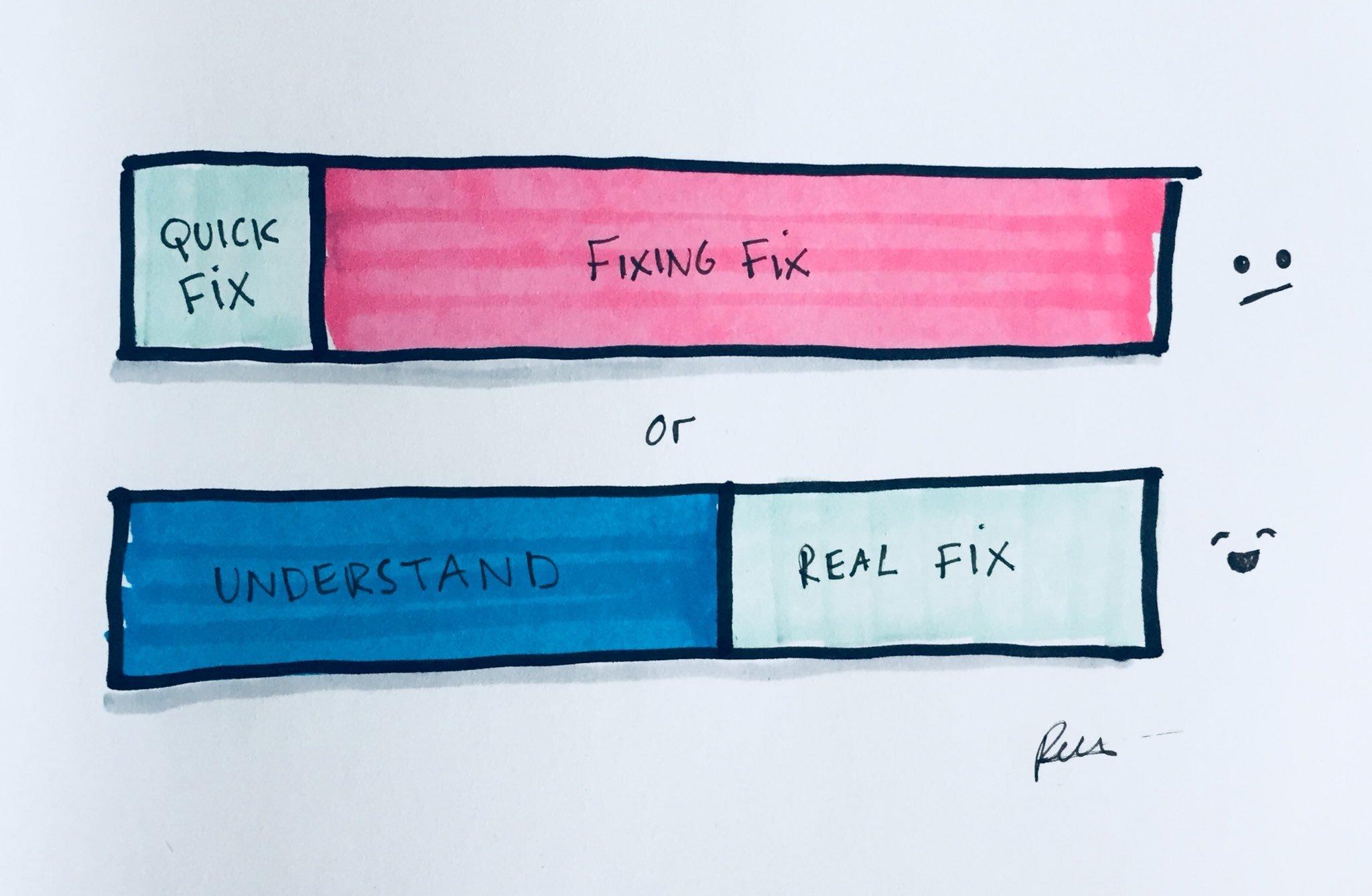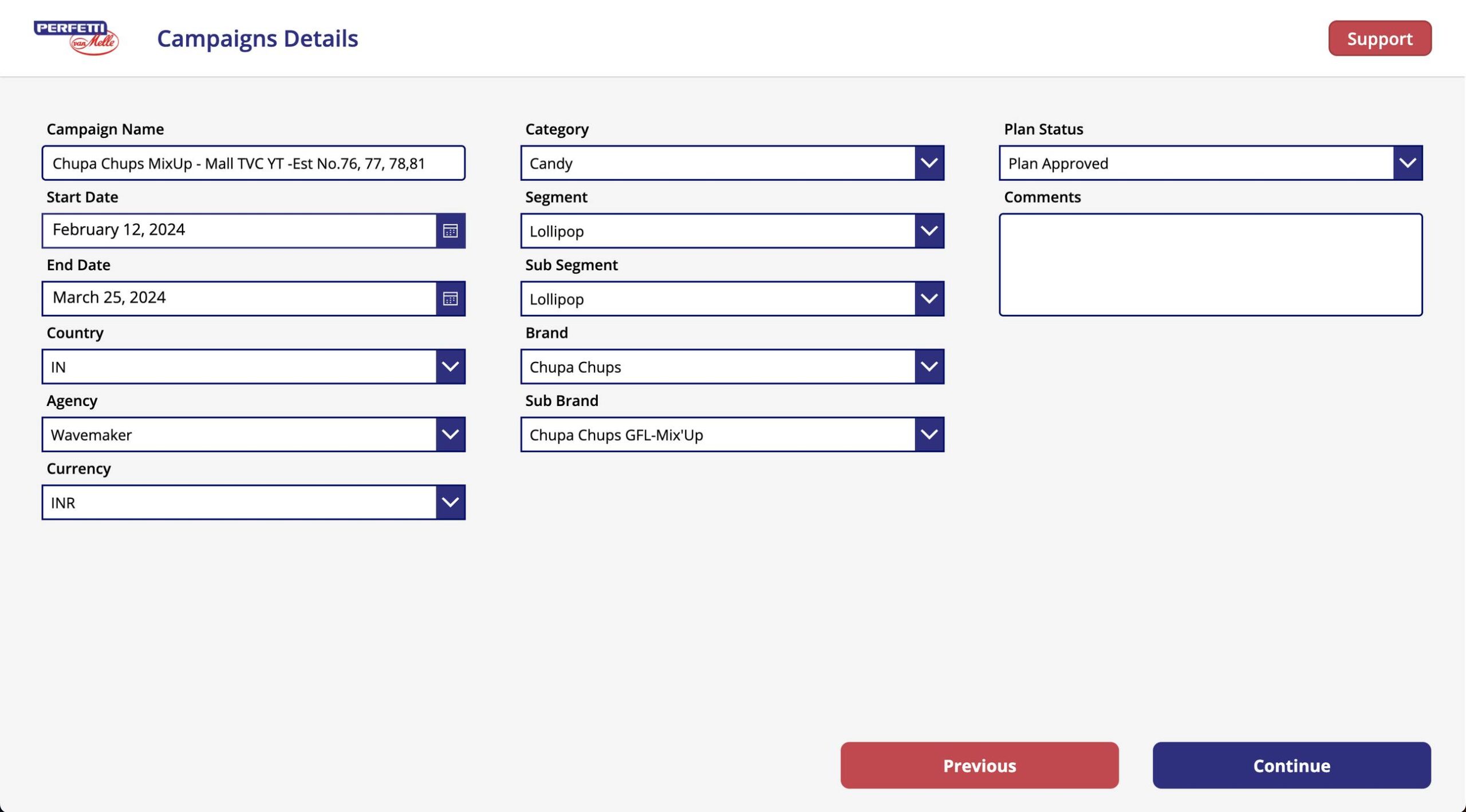Last week, I attended my very first Superweek. I now know that this is the best analytics event I ever attended. It’s impossible to capture the event in a single post, as it is a single track, 38-talk event, with food and drinks on the side. So instead, I’ll focus the main message that I took home from the event.
We should all hang out with our data more
This is a line from Daniel Waisberg’s presentation. It resonated with me. In a digital world, it’s easier than ever to get the data you need when you need it. But we often forget to hang out with our data, to truly understand the data we’re using, and what part of it we need to give exactly the right answer an question. Good things happen when we hang out with our data.
For me, it was the connection between the talks. One of the first talks of the week will help me set up this connection.
Analysts are philosophers
In Damion Brown’s talk called ‘Philosophers with laptops’, he shares the following definition of philosophy:
Stemming from wonder, curiosity and the desire to know and understand, philosophy is a form of structured inquiry.
It’s a decent description of the daily work of a digital analyst: we want to know and understand by structured inquiry.
Analysis of Competing Hypotheses (ACH)
The first story that fit within Daniel’s general message was by Moe Kiss. She shared a great story about the analysis of competing hypotheses. Whenever we, as analysts, get a question, we often go looking for an answer to that question:
let’s prove what we already think is true
Moe argues that a more scientific approach would benefit our analysis. In science, theories are ‘true’ when they haven’t been disproven yet. So whenever we get a data analysis question, we shouldn’t just try to prove it, but to disprove it as well (the hypotheses and evidence matrix in her post is a great way to do so). It takes more time, more hanging out with your data, but it’ll increase the value of our findings. Right now, our focus is often on knowing and understanding the answer of a question, but not on the question itself.
Attribution & machine learning
Attribution & machine learning (ML) are hot topics. At Superweek, there were several presentations discussing both. The common thread for me: why does your business need it? In Jeff Sauer’s story on Friday, he told us to not forget our common sense:
You don’t need attribution to tell you that your funnel is broken.
Attribution is not a magical thing that will make your business more money. It’s hard, or to quote Jeff once more:
complexity of your attribution strategy = complexity of your marketing strategy
The same goes for machine learning. It can help you grow your business, but try to figure the value it will add beforehand. Matt Gershoff shared the complexity matrix approach that could help you out:
Complexity Matrix
| A | B | |
|---|---|---|
| Audience 1 (70% of visitors), prefers A | €1 | €0 |
| Audience 2 (30% of visitors), prefers B | €0 | €1 |
If you run a test, you’ll find that A wins because audience 1 is larger than audience 2. In reality, you’re showing the wrong content to 30% of your visitors, averaging the revenue at €0.70. If you would use machine learning to show the right variance to the right user, your average revenue will go from €0,70 to €1. A 43% increase in revenue. This might be a good reason to invest in machine learning. If the difference in revenue between the right and wrong content would be smaller, let’s say €0,01 instead of €1, the revenue increase by ML would only be 0,3% and probably not worth your money.
Focus your quest for knowledge on why you would need attribution or ML instead of applying attribution and ML.
I am not a lawyer
It wouldn’t be an analytics event without talking about GDPR. It was a recurring topic with two dedicated talks, a panel and frequent mentions. In a great talk by Aurélie Pols, she mentioned that it comes down to two things:
purpose and consent
We, as an industry, should clearly tell users what data we collect, and what for. Prolet Mitva added some great insights on GDPR in her talk. Using quotes from ‘The Art of War’, she shared her view on GDPR.
The wise warrior avoids the battle
We know GDPR is coming, now we have to make sure that we’re prepared. If we don’t just track things because we can, but think about these three things:
- why do we need to track it?
- how will we track it?
- how can we describe this in SLAP (Speak Like A Person)?
Just hang out with your data collection more.
And just so you know: I am also not a lawyer.
Hygiene
On Monday evening, there was an interesting fireside chat by Julien Coquet: Analytics Nightmares from Hell. To sum it up: everything that has been going wrong in digital analytics is still going wrong. We haven’t removed ourselves from capitalisation issues in UTM tagging or just plain tracking issues. It’s hard to create a scenario where this issues won’t come up, where every developer applies the same tracking standards, every agency uses the same UTM tagging format, and everyone (developer, agency and client) sees the value of proper data tracking, advocates for it, and protects it.
The initial setup is the foundation of all the cool stuff we can do afterwards (as previously mentioned: ACH, ML, AI, complying with GDPR). So hanging out more with the initial setup would also be good.
The people
With all this talk about hanging out with data, I almost forgot the most important thing: hanging out with the people. Whether is applying a new technology or methodology, spreading the gospel of digital analytics, or making new friends at Superweek, it all comes down to the people. Rob McLaughlin summarised it in a single slide:
Attitude > experience
Adoption of something new comes down to the people wanting to adopt it.
Take it slow
I like to end with Daniel Waisberg again. It’s up to us to show the right message to the right person at the right time, or as he put it:
Show the right chart, for the right purpose, with the right design.
In our world everything is just a query away. Don’t forget to slow down, and take your time to understand the question and the data. This graph (that keeps following me) captures it beautifully:

Take it slow. Good stuff will happen.







Leave a Reply
You must be logged in to post a comment.